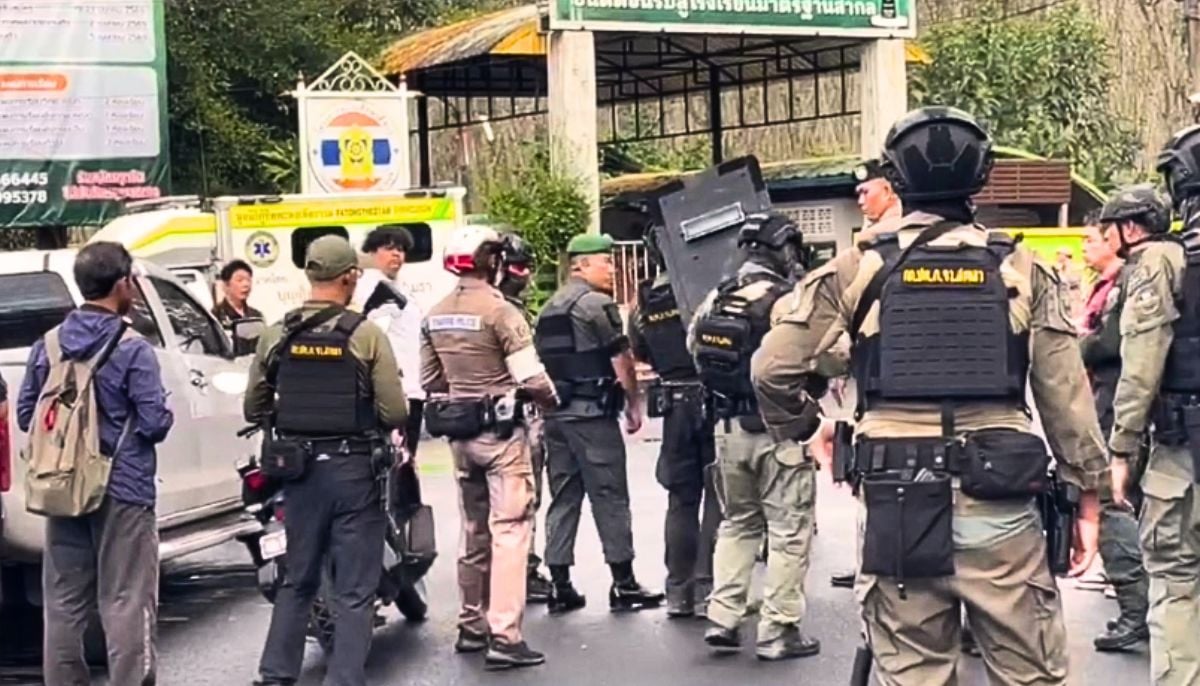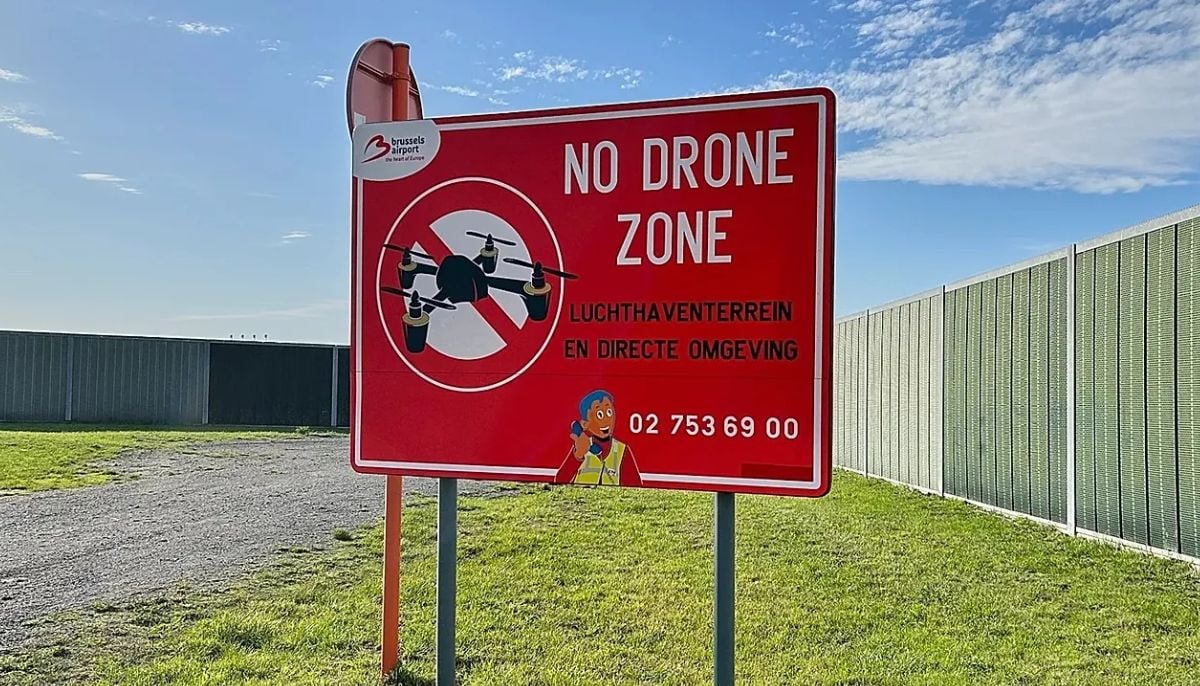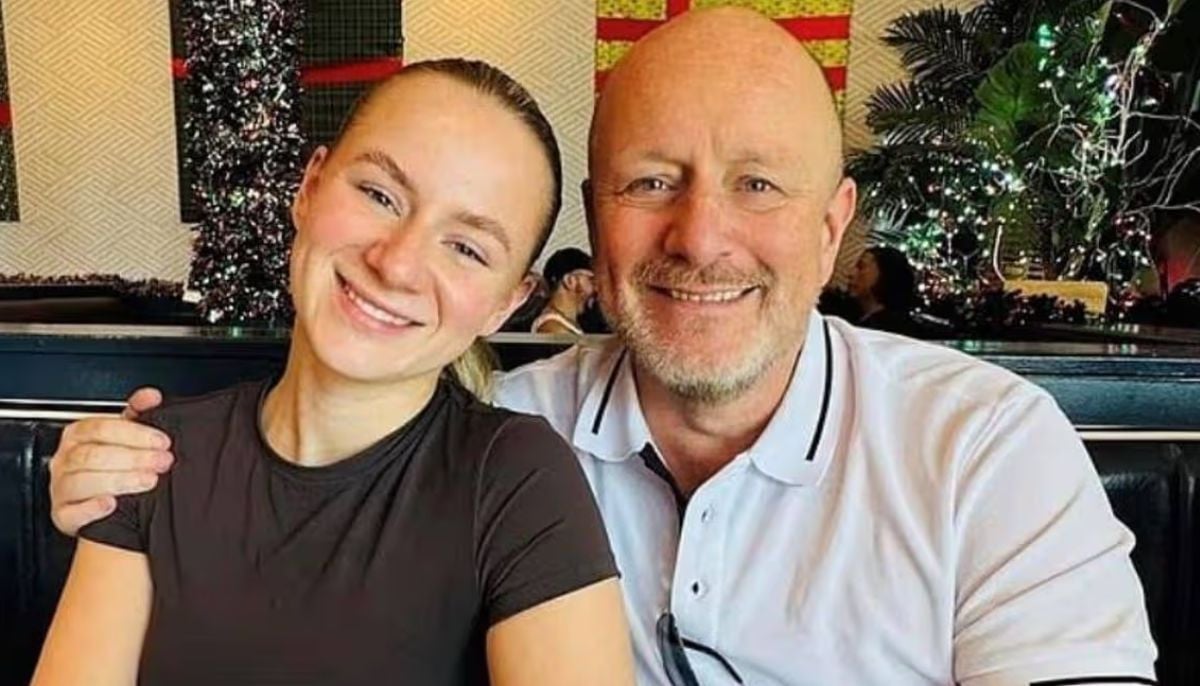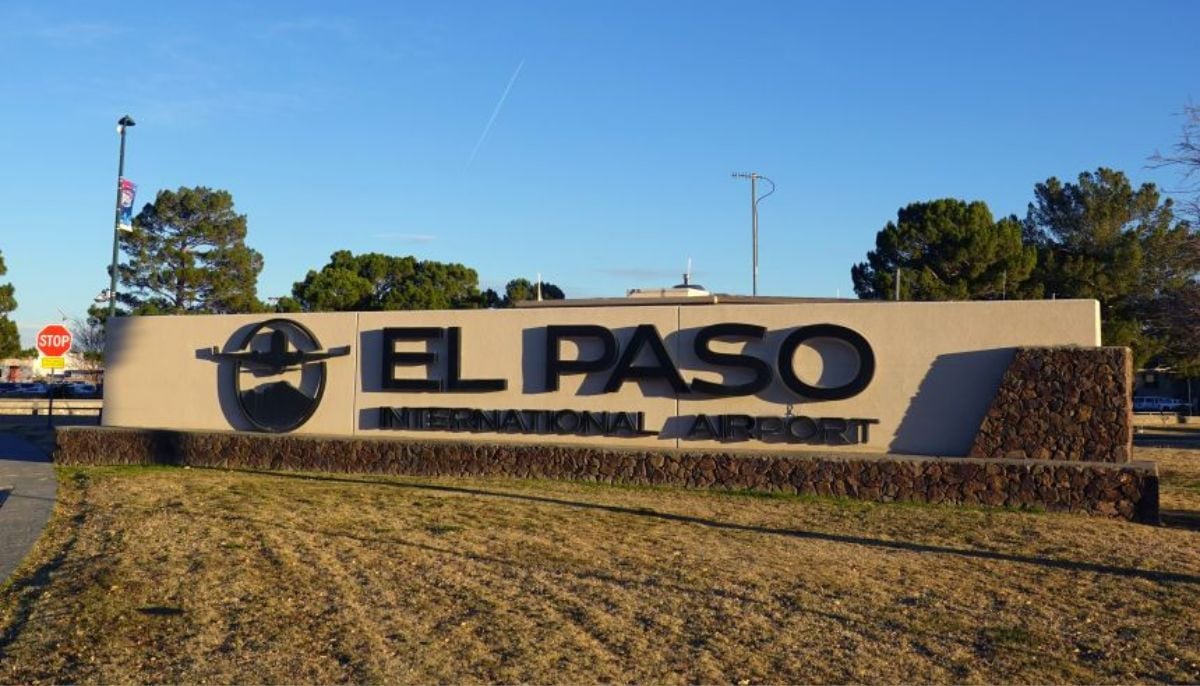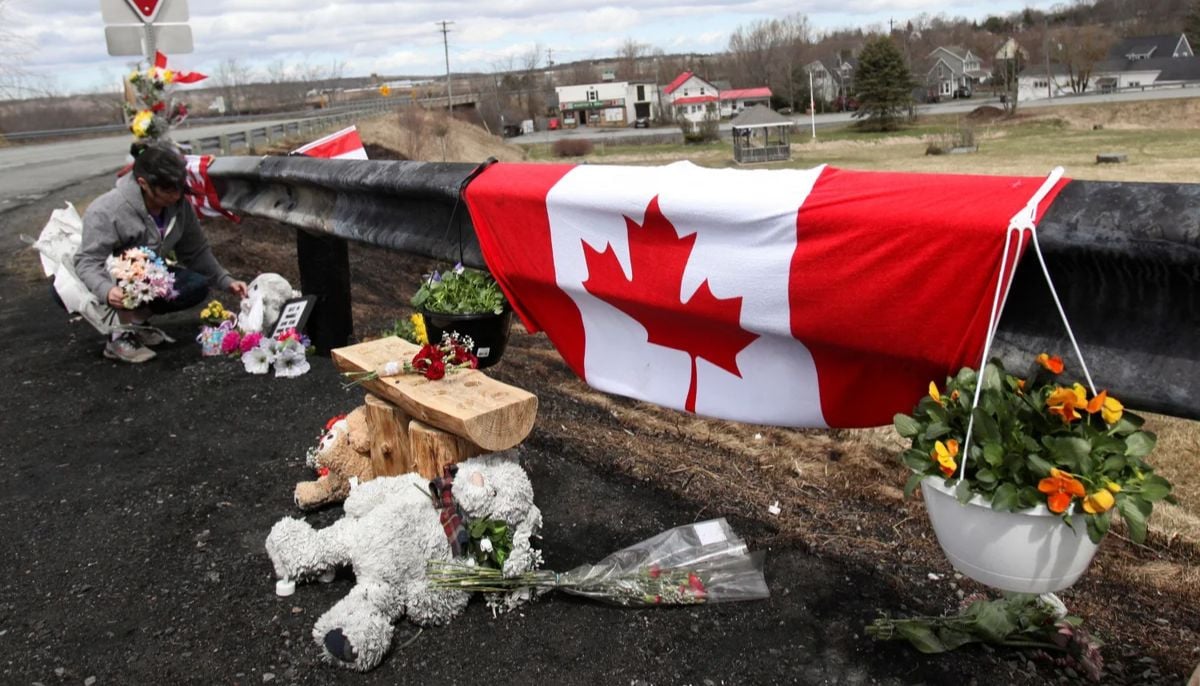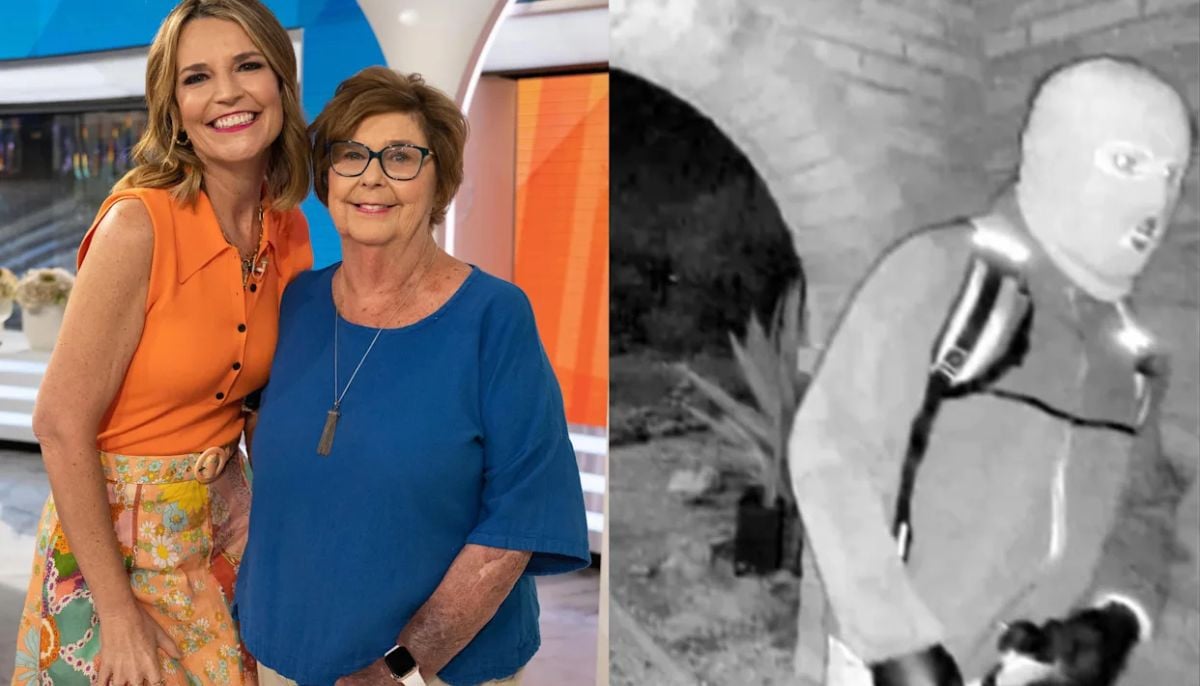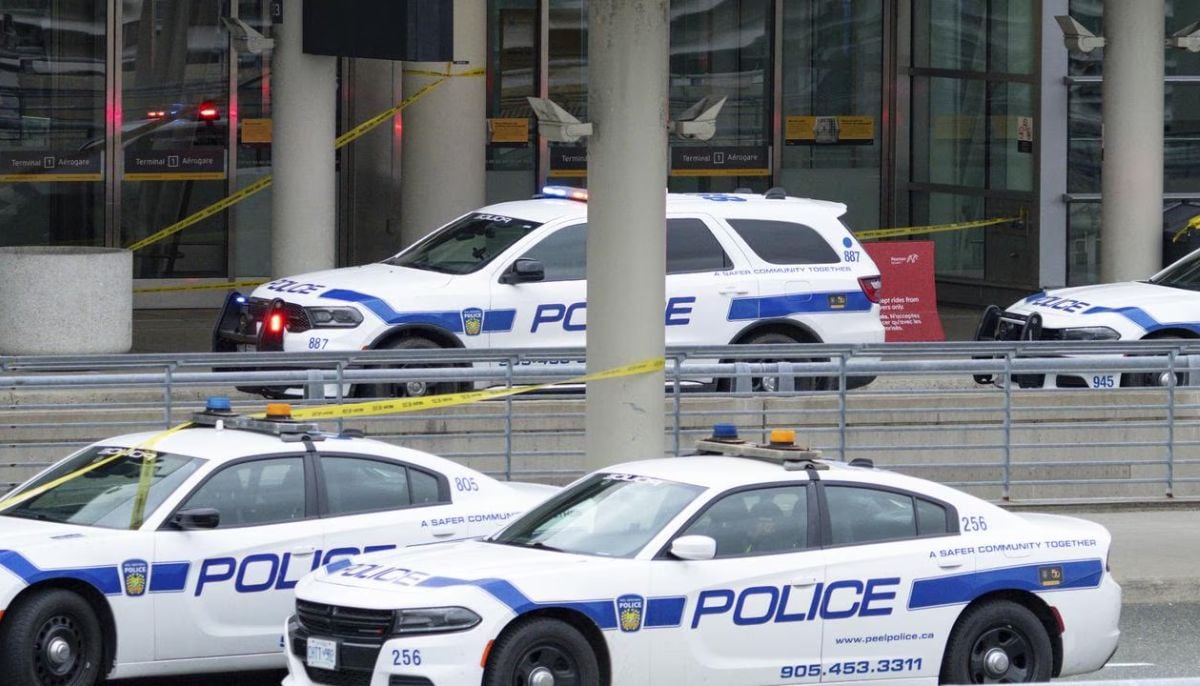KUALA LUMPUR: The first time he tried to escape a tough existence in his village in western Myanmar in 2004, Junaid Zafar was thrown in jail for five years.
Like many other Rohingya Muslims, Zafar was seeking to flee poverty and persecution in Buddhist-majority Myanmar and he did not wait long after being released from jail to try again.
This time, his parents sold off possessions to raise about $1,000 to pay people smugglers to take him to Malaysia. Zafar, the eldest of three siblings, finally made it in 2011.
But like thousands of other Rohingya in Malaysia, he now finds himself living in a precarious limbo, having to work illegally due to official restrictions, and with resettlement to another country where he could lead a more stable life a distant dream.
"I have been here for five years, some other refugees have been here for 10 years. I feel like I am wasting my life," the tall, slender man, now 31, said.
Zafar - like some 150,000 refugees and asylum-seekers in Malaysia, mainly from Myanmar - does not have formal status in the country as Malaysia is not a signatory to the United Nations Refugee Convention. The government considers them to be illegal migrants.
Now there is a glimmer of hope for the many Rohingya and other refugees living in Malaysia, as authorities make a renewed effort to try to improve their access to work.
"DIRTY, DIFFICULT AND DANGEROUS"
The government has in the past said it would consider allowing refugees to work but details and implementation had been sketchy. Some officials feared a relaxation of the policy would lead to an influx of migrant workers.
But this month the creation of a government-led task force was announced to handle refugee registration issues.
Malaysian Deputy Home Minister Nur Jazlan Mohamed told the Thomson Reuters Foundation that the task force would also look into the possibility of opening up the job market for refugees and allowing refugee children formal education.
"(The task force) will look into issues of refugees in Malaysia, which include the Rohingya, in a more comprehensive manner," he said in a telephone interview.
"It will decide on the recognition of these people first and then decide on the short-, medium- and long-term solution for them including job and education opportunities," he said.
While the refugees are recognised by the U.N.'s refugee agency UNHCR, Malaysia does not extend protection, job opportunities or education to them, as it is not party to the refugee convention.
Barred from working officially, many refugees end up finding odd jobs as cleaners, or working in restaurants or on construction sites.
The country relies heavily on foreign labourers for jobs shunned by Malaysians in what is known as the "3D" - dirty, difficult and dangerous - industries.
But the lack of a formal status often leaves refugees vulnerable to exploitation, said lawyer Andrew Khoo, a co-chairperson of the human rights committee at the Malaysian Bar, the country's main legal professional body.
"As long as the government doesn't recognise their status, let alone the ability to access work legally, they are susceptible to abuse, exploitation and mistreatment," Khoo said.
A conference in Bangkok this week as part of the so-called Bali process on people smuggling and trafficking, will gather experts and officials to discuss ways to absorb refugees in Southeast Asia into the legal workforce.
'IT'S NOT EASY'
For Zafar, he said even when he managed to find a job, usually as a waiter in restaurants, his wage is only half of what other migrant workers get, and that he can be dismissed at any time.
-
Texas father guns down daughter after heated Trump argument
-
FAA shuts down El Paso Airport, flights suspended for 10 days: Here’s why
-
Teacher abused children worldwide for 55 years, kept USB log of assaults
-
Savannah Guthrie expresses fresh hope as person detained for questioning over kidnapping of Nancy
-
Tumbler Ridge school shooting among Canada’s deadliest — Here’s where it ranks
-
Suspect detained as authorities probe Nancy Guthrie’s abduction
-
Tumbler Ridge tragedy: Nine killed, 25 injured after school shooting in British Columbia
-
Who owns the Ambassador Bridge? New report links owner Matthew Moroun to Trump’s threat
